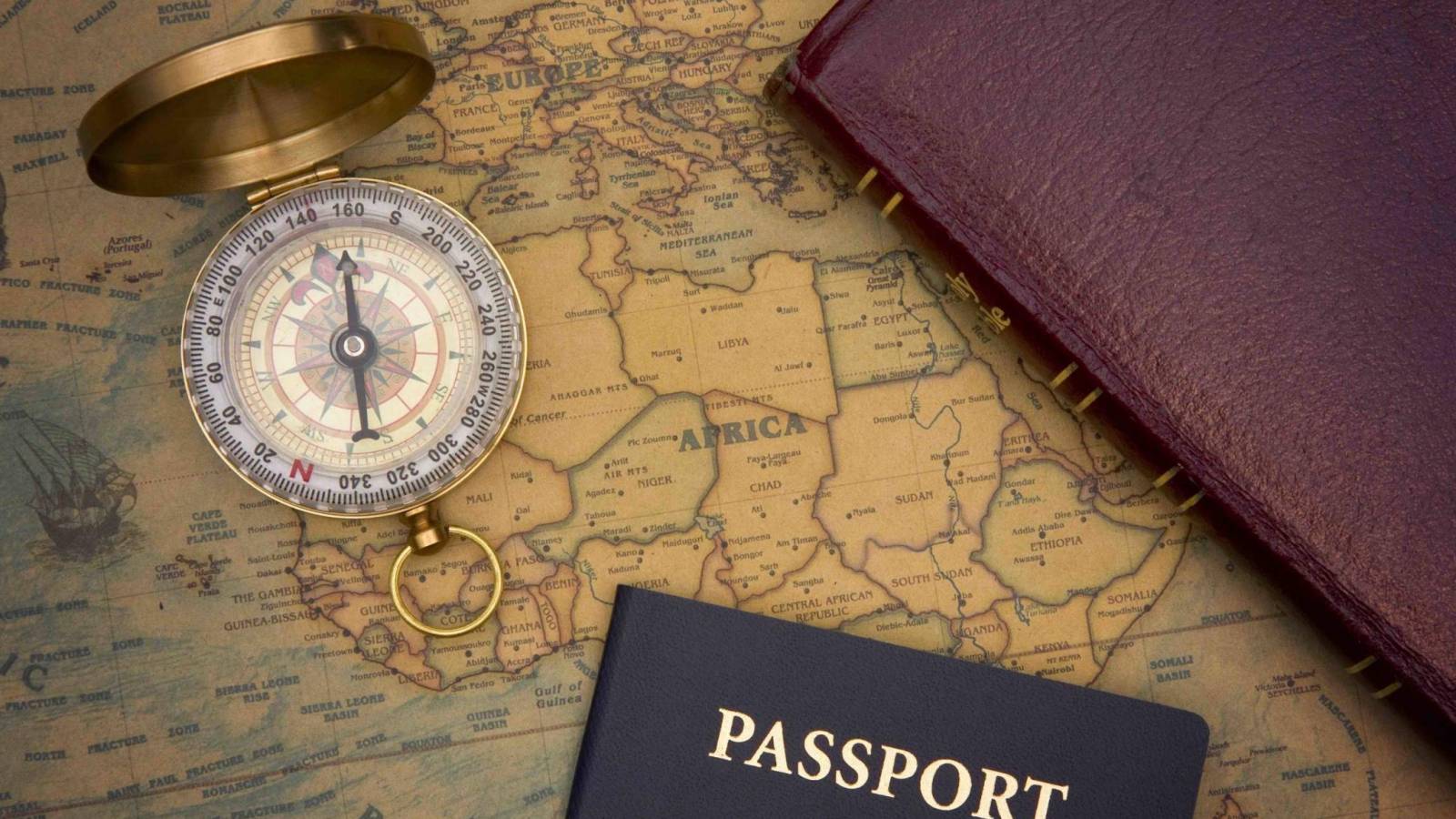
Waivers Under the Travel Ban
On September 24, 2017, President Trump issued travel ban 3.0, via Presidential Proclamation, which suspends the entry of certain nationals of eight designated countries — Chad, Iran, Libya, Syria, Yemen, North Korea, Venezuela and Somalia. However, these entry restrictions may be waived on a case-by-case basis. To qualify for a waiver, a consular officer or Customs and Border Protection (CBP) official must determine, in their discretion, that the applicant meets each of the following three criteria: (1) denying entry would cause the foreign national undue hardship; (2) entry would not pose a threat to the national security or public safety of the U.S.; and (3) entry would be in the national interest.
So, how exactly does this waiver process work?
When adjudicating visa applications of individuals subject to the travel ban, consular officers will first determine whether the applicant is eligible for a visa under the provisions of the Immigration and Nationality Act (INA). If the applicant is determined to be eligible, the officer must then figure out whether that person falls into one of the exceptions to the Proclamation. If no exception applies, the applicant will be automatically considered for a waiver. There is no waiver form that needs to be completed.
Evaluating the three waiver criteria
The Department of State (DOS) recently issued guidance specifically addressing how consular officers are evaluating the three waiver criteria:
- Undue hardship criterion: A visa applicant must demonstrate to the consular officer’s satisfaction that an unusual situation exists that compels immediate travel by the applicant and that delaying visa issuance and the associated travel plans would defeat the purpose of travel.
- National Interest criterion: The applicant’s travel may be considered in the national interest if the applicant demonstrates to the consular officer’s satisfaction that a U.S. person or entity would suffer hardship if the applicant could not travel until after visa restrictions are lifted.
- National security criterion: To establish that the applicant does not constitute a threat to national security or public safety, the consular officer considers the information-sharing and identity-management protocols and practices of the government of the applicant’s country of nationality. If the consular officer determines, after consultation with the Visa Office, that an applicant does not pose a threat to national security or public safety and the other two requirements have been met, a visa may be issued with the concurrence of a consular manager.
Keep in mind, an applicant must meet each of the three criteria listed above to qualify for a travel ban waiver. For more information on the state of the latest travel ban, please visit our blog.

